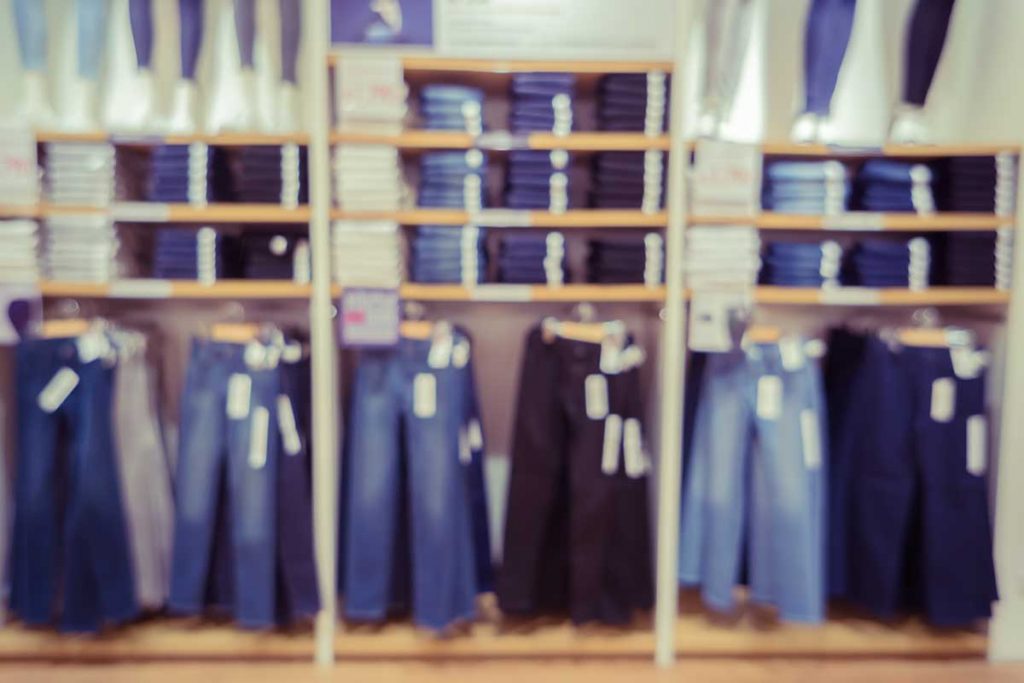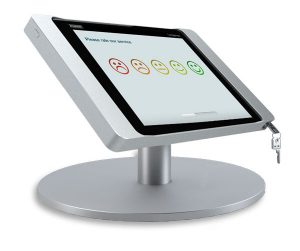4 reasons mystery shopping is dead and best alternatives to mystery shopping
In today’s blog post I’ll discuss why I believe that mystery shopping is becoming increasingly irrelevant in today’s retail world. I’ll also touch upon what the best alternatives to mystery shopping are.
What is mystery shopping?
I used to work for a company that was in the business of mystery shopping. For those of you who don’t know want mystery shopping is let me explain. It’s a way to investigate if a physical store is living up to certain KPIs or standards. The KPIs could be service levels, store interior or if certain procedures were followed. Questions like “How well did the sales representative ask open-ended questions” or “How did the sales representative present alternatives for the customer that fit customer needs” would be quite typical questions.
Often well-renowned companies would pay mystery shoppers to appear unannounced (it’s a mystery shopper, remember?) to make a purchase or at least pretend they would.

After the visit, the shopper would write down his or her report based on the predefined KPIs and questions. Once these were noted down on paper outside the store, she would find a computer and enter the data in a web form. The end result would be a report to be presented to service executives and store managers.
I remember the hassle of working with the network of shoppers. Sometimes I would have to ask distant family members for favors, because a shopper had made a last minute cancellation. Sometimes I would even have to make the long drive to a location myself just to make the fake purchase. However, the service was quite popular for retail companies in particular.
Mystery Shopping as a performance tool
Many companies would use the reports to set up balanced score card reports. These would in turn be used for employee incentive programs and bonus payments.

Quite unfair, in some instances, as the store personnel often knew what the mystery shopper looked like, because it often would be the same shoppers for specific retail chains, or because the shopper always appeared at the exact same period of the month, or in the same vehicle and presented themselves in non-credible way.
An example could be a mystery shopper paying a BMW dealership a surprise visit on a bike. He would even into the store with his bicycle helmet still on! Of course he could have just won the lottery, and then decided to upgrade his means of transportation, but then again those odds are pretty slim at best. Sometimes the store would complain internally, arguing (rightfully) that the customer wasn’t credible enough.
Selling mystery shopping back in the day
However, there was no alternative back then, so the mystery shopping reports sold quite well. They could also be used as a door opener for new business. The telephone conversation would go something like this: “Good morning, sir/madam. I’m calling from xx. I wanted to let you know that we recently visited three of your stores in X area. Our mystery shoppers discovered some interesting patterns in the service experience in these stores, which we would like to share with you in a meeting. For free – no strings attached”.
If the potential client accepted (and they often did), then we would need to go and make those mystery visits happen (because obviously we didn’t make that investment, before it was necessary), and prepare a report. And quite often we would land the client for more mystery shopping business or, even better, some consulting work.
The future for mystery shopping
So what does the future look like for mystery shopping? Well, here at tabsurvey we believe its part of a dying breed for four reasons:
1. Fake customers
Firstly, there’s the issue of asking real vs. fake customers. Most retailers would surely like the opinion of real customers rather than that of a fake customer. Bearing in mind that there are questions you couldn’t possibly ask a real customer – like:
- “Were all lights in the store lit?”
- “Did the sales person wear a visible nametag?” or
- “Did the sales person try to up-sell?”
questions for mystery shopper– all questions that, although relevant for an audit, most real world customers either would not want to or would not feel comfortable answering. So I guess if the questions that a company wants to have answered are mostly concerned with store audit or internal standards and procedures (that no real customers care about), then they should definitely continue using mystery shopping.

2. High cost
Secondly, there’s the cost involved. In a mystery shopping context, there’s human effort and billable hours involved. Ten years ago in Denmark, an average, fairly uncomplicated mystery shopping visit would cost anything between €100-€150 per visit (roughly $120-$175), which, compared to the investment for an iPad Survey Kiosk App system, would pay a software license for 8 months (assuming €19 per month). Then you also need some hardware, but still it, by far, outweighs the cost of mystery shopping.
3. Low feedback volume
Thirdly, there’s the sheer volume of responses. Based on our data, it’s reasonable to assume a hit rate of between 1-3 percent in high volume traffic retail outlets. Assuming traffic in a store is 1,000 visits per month, wouldn’t you rather be getting between 10 and 30 responses than just a single?
4. Feedback lag
Finally, there’s the timing issue. Having worked with establishing sound feedback cultures in organizations in my prior work life, I know that getting feedback on your behavior, that stretches more than a few weeks back, simply doesn’t have any impact in terms of changing behavior. So what’s the point if, as an employee, you’re receiving feedback on your ability to ask relevant open-ended questions, if that experience lies back one month. It doesn’t make much sense.
For all these reasons it’s therefore important to identify the best alternatives to mystery shopping. We’ll address that briefly below.
Best Alternatives to Mystery Shopping
So it’s good news that since the 90s and 00s, great alternatives have become available. Today, one of the best alternatives to mystery shopping for retail is in-store surveys. They have become quite popular, as they offer real customer feedback in real-time, and in a much more cost-effective way.

Systems that engage with the customer via their phone, or through tablet-based or kiosk-based platforms are also becoming increasingly popular. Proprietary systems with mechanical buttons are also getting market share, offering a more simple (and less demanding) input from respondents, but simultaneously also giving less degrees of freedom in the type of survey your want to give your customers. Finally, there’s the transactional or post-purchase-surveys that are effective, but only focus solely on the purchaser and not the non-purchasers.
We hope you found this month’s post interesting. Please post a comment below if you have something on your mind.